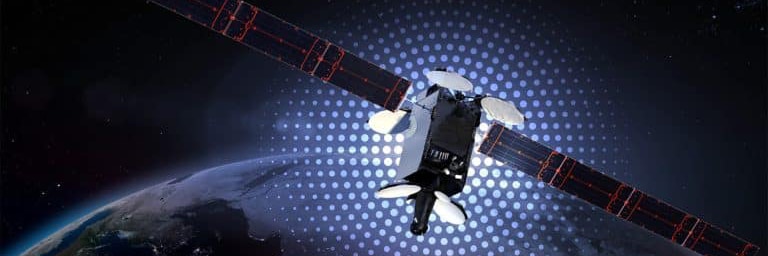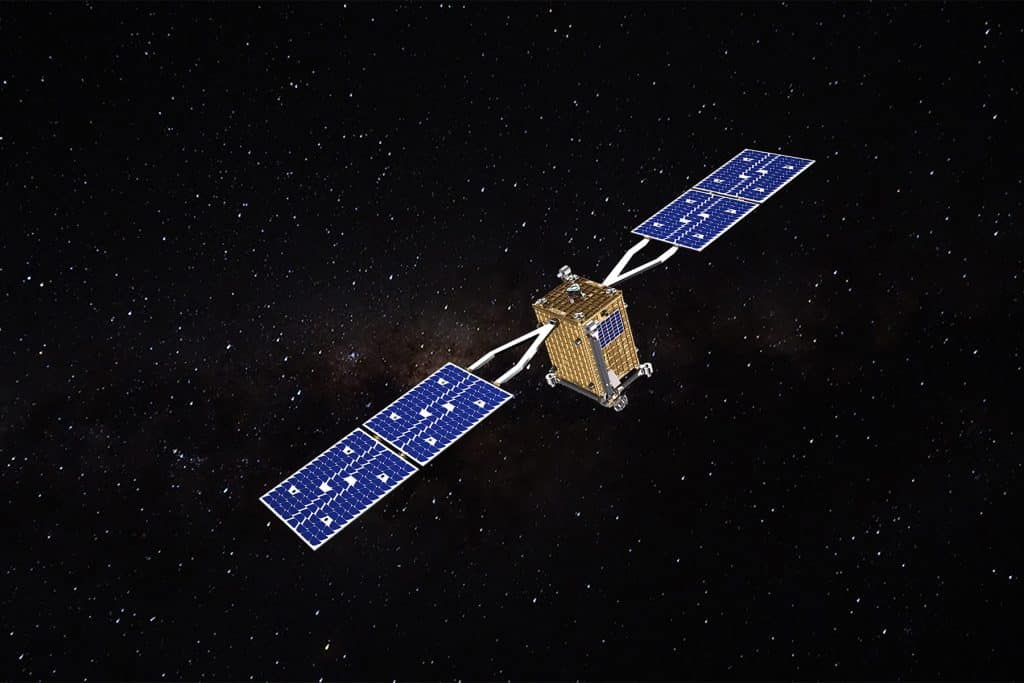Admiral Haney Speaking Out on U.S. Space Posture
Admiral Cecil D. Haney, Commander of U.S. Strategic Command (USSTRATCOM), has spoken a number of times over the past few months around the central theme of strengthening U.S capabilities in space for military deterrence and global stability.
The space domain is increasingly competitive and congested. Over 60 nations currently operate satellites in space. Potential U.S. adversaries have clearly demonstrated the intent to develop the capability for hostile actions in space. Counter-space activities are growing in both number and sophistication.
These efforts don’t just threaten U.S strategic and tactical advantage. They potentially threaten the global economy. Space is vital economically in many ways today, supporting our civil and commercial infrastructure, our banking needs, weather forecasting, navigation and farming. Everyday activities taken for granted, such as getting money at an ATM or paying for gas, depend on satellite connectivity.
Admiral Haney is a strong advocate of working with other countries in space. Last month, USSTRATCOM signed a Memorandum of Understanding with Spain to share Space Situational Awareness (SSA) services and information. With the agreement, Spain joins nine other nations and over 50 commercial space companies participating in SSA data sharing agreements with USSTRATCOM.
“Our space systems underpin a wide range of services, providing vital national, military, civil, scientific, and economic benefits to the global community,” said Haney. “Space situational awareness, which requires cooperation in order to be effective, is one of many approaches used to ensure we continue benefitting from this critical domain.”
Intelsat General Corporation had the honor of hosting Admiral Haney last year at our Tysons Corner headquarters. His visit was shortly after testifying before the House Committee on Armed Services, Subcommittee on Strategic Forces, during which he talked about how best to respond to the new competitive realities in space:
“To mitigate this trend, the U.S. continues to partner with responsible nations, international organizations and commercial firms to promote responsible, peaceful and safe use of space. We also strive to maximize the advantages provided by improved space capabilities while reducing vulnerabilities; and seek to prevent, deter, defeat and operate through attacks on our space capabilities.”
Increasing the flow of commercial innovation to military partners is another way of maintaining U.S. space deterrence. For example, Intelsat launched the first of seven announced Intelsat EpicNG satellites last month, Intelsat IS-29e. The EpicNG series incorporates high-performance spot beams to deliver significantly more throughput per unit of spectrum, while retaining the coverage of a traditional wide beam satellite. EpicNG can deliver SATCOM data rates of up to 50 Mbps, without requiring any hardware changes to the existing antenna/modems installed on remotely-piloted aircraft (RPA) platforms.
In addition, the Intelsat EpicNG design inherently provides a higher level of mitigation against interference, be it intentional or not.
Admiral Haney clearly understands that space is critical for both U.S. national security and for global prosperity. The status quo that held sway in space for decades is rapidly evolving, and demands new approaches and alliances. The best way to ensure stability in space is to reach out and collaborate with both international and commercial partners, and we applaud Admiral Haney’s leadership on this front.






















